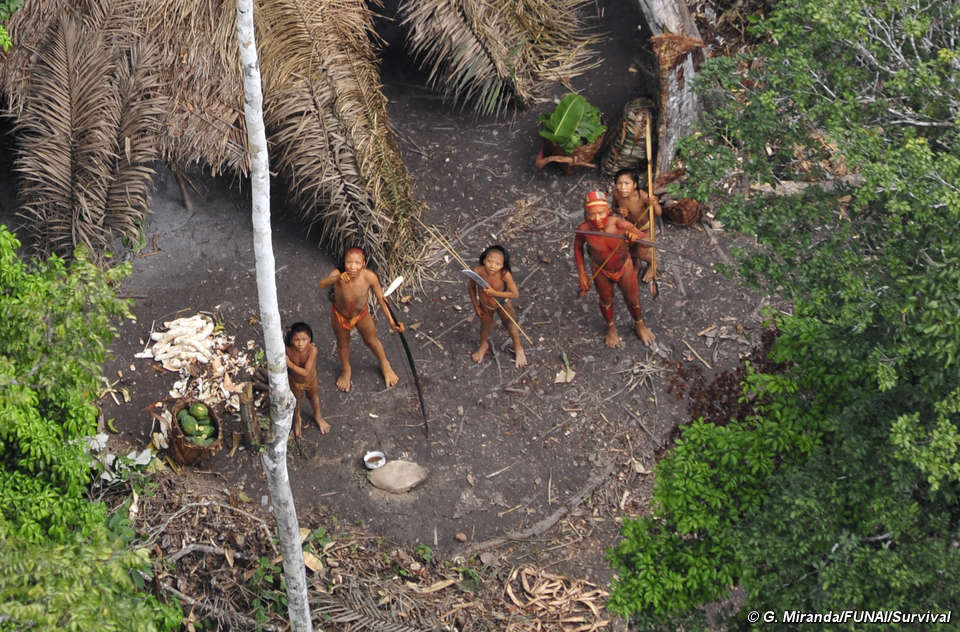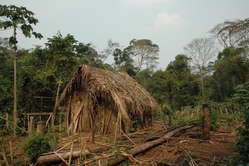This post was part of research I conducted for the Model United Nations back in 11th Grade, more than a decade ago.
According to the United Nations, poverty is the inability of having choices and opportunities. It means lack of basic capacity to participate effectively in society. It means not having enough to feed and clothe a family, not having a school or clinic to go to, not having the land on which to grow one’s food or a job to earn one’s living. It means insecurity, powerlessness and exclusion of individuals, households and communities. It means susceptibility to violence, and it often implies living in marginal or fragile environments, without access to clean water or sanitation.
The World Bank defines poverty as pronounced deprivation in well-being. It includes low incomes and the inability to acquire the basic goods and services necessary for survival with dignity. Poverty also encompasses low levels of health and education, poor access to clean water and sanitation, inadequate physical security, lack of voice, and insufficient capacity and opportunity to better one’s life.
The two definitions differ on one very important aspect. There is no mention of money in the UN’s definition of poverty. The UN’s definition of poverty does not consider income levels while the World Bank’s definition does.According to the World Bank, more than 300 Million people live in poverty.
Hunger should be directly related to poverty. Since food, clothes and shelter are basic necessities, lack of food would mean poverty.
From the maps it is quite clear that hunger and poverty are not completely co-related. Let’s take India for example, about 50% of the population lives on less than a dollar a day, while only about 25% of the population goes hungry. If we look at African countries, we see many such cases where the numbers don’t add up.
The UN says that anyone earning less than 1.8 USD per day is poor. Of course this is without considering purchasing power parity. You simply cannot assign one general threshold of poverty for the whole world. A burger in the US costs 5 USD while it costs about a 100 rupees (1.7 USD) in India. The staple food in Vietnam is rice which costs less than 50 cents per pound while the staple food of most countries in the west is bread which costs about 2.5 USD for every loaf. So, it would be wrong to assume that 1.8 USD in the US would buy you the same value of goods in Vietnam.
Brazil’s Amazon is home to about 100 different tribes. Most of these tribes wish to be left alone and are uncontacted. In fact the Amazons are home to more uncontacted tribes than anywhere in the world. Very little is known about these peoples. What we do know is that they wish to remain alone. They have shot arrows at outsiders and airplanes, or they simply avoid contact by hiding deep in the forest.
Some tribes like the ‘Awa’ are nomadic hunter-gatherers constantly on the move, able to build a home within hours and abandon it days later. Others are more settled, living in communal houses and planting crops in forest clearings as well as hunting and fishing.

Apart from the Amazon tribes, there are many others in India, Vietnam, Venezuela, Australia, etc. that still live in isolation. These people don’t have any concept of money. They grow their own food, hunt animals and gather everything else that is necessary. They sew their own clothes from reeds and barks. They build their own shelters and makeshift homes from wood and mud. Would you call them poor? They don’t earn a cent. They are neither hungry nor homeless but they are still considered poor according to the UN and the World Bank.

What is the first thing that comes to your mind when you think of Africa? Poor countries full of hungry, homeless peasants. This is what most of the world thinks of Africa.
This misguided perception of a beautiful region has been perpetuated by European colonists. Although a few African countries are in a state of civil unrest (Somalia, Sudan, Congo) most countries are peaceful and self-sufficient. The people living here are considered poor bacause someone has chosen to describe them as such.
The people here live differently. They do not depend on trade to provide them with their daily needs. They produce whatever is necessary and sell any surplus. The most basic necessities for man are food, clothes and shelter. These people, especially those living in the countryside, produce all these themselves. Our ideas of capitalism do not apply to them. They live by ‘Produce what is necessary, sell the rest, buy only if required’. Most of their income comes from selling surplus crop and milk. They certainly earn less than a dollar a day. Would you call them poor? I’d say they are richer than most. They lead happy, healthy lives. Their life expectancy is more than that of the more developed countries.
I once came upon an interesting answer on Quora written by a Ugandan that perfectly sums up our misguided perception of poverty.
My grandfather is ‘poor’. He certainly lives on “less than a dollar a day”. He is now 95 years old. In his nine and a half decades on earth, he has never lacked, and he has never begged. He only attended one year at a mission school in the 1930s and learnt how to read and write. This is how he pulls it off:
When he wants food, he goes to the banana plantation, looks at tens of bunches of matooke (banana) and decides which to harvest for the day’s dinner. Adjacent to the plantation is a sweet potato garden, cassava garden, yams and finger millet. To the south of the banana plantation are beans, cow peas or peanuts gardens. Down the valley is grazing land with tens of Frisian and cross-breed cattle. They provide him with milk daily, 365 days a year.
The farm produces more than he can consume. He sells the surplus to afford such essential services as kerosene (recently upgraded to solar), soap, sugar (at his age he no longer takes sugar, he uses honey – doctor’s orders).
Scattered across the farm are sugarcane (for eating, not for making sugar) and fruit trees (guava, mango, pawpaw, avocado, orange, passion fruit, pineapple). He drinks fresh juice from mangoes and passion fruit. As is evident, everything here is on a subsistence basis, but very organic. He has done this for the past 75 years.
Just like millions of other Africans, we consider him poor. They rarely hold money and rarely need it. They produce most of what they need. But of course according to the World Bank/UN, they are poor.

Perhaps we ought to change the definition of poverty. Many people live in ways besides the capitalist ideal. Income should not be a factor when we consider poverty. Maybe poverty should be defined just as the deficiency of food, clothes and shelter. Poverty may not even be quantifiable. How would you measure the self-sufficiency and the culture of a community. After all, in such cases the community and its culture carry the responsibility of subsistence .
Sources:
Wikimedia Commons
Survival International
Innocent Masengo’s answer – https://www.quora.com/What-is-something-most-people-dont-know-about-Africa